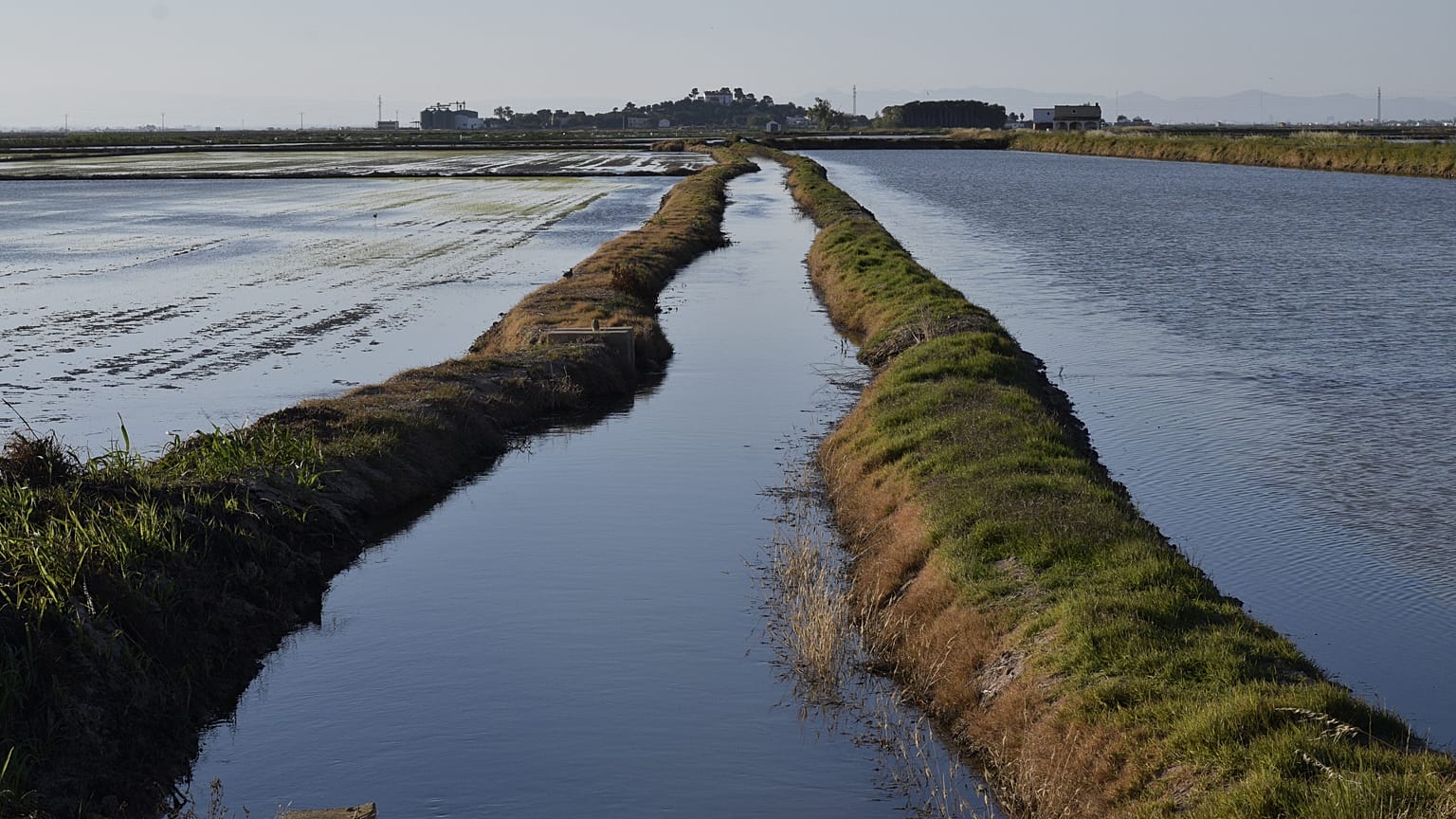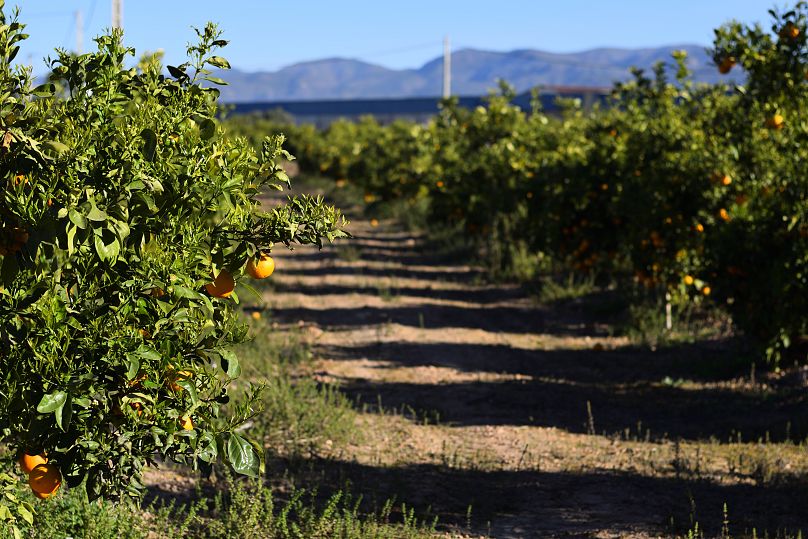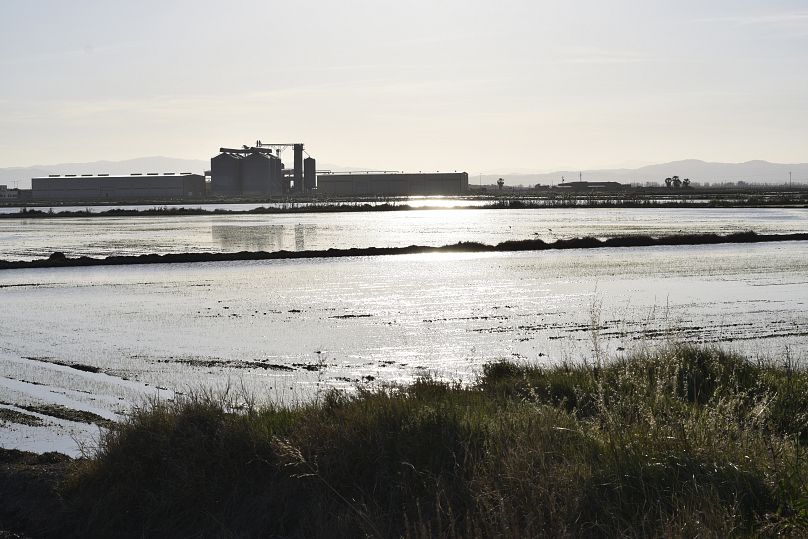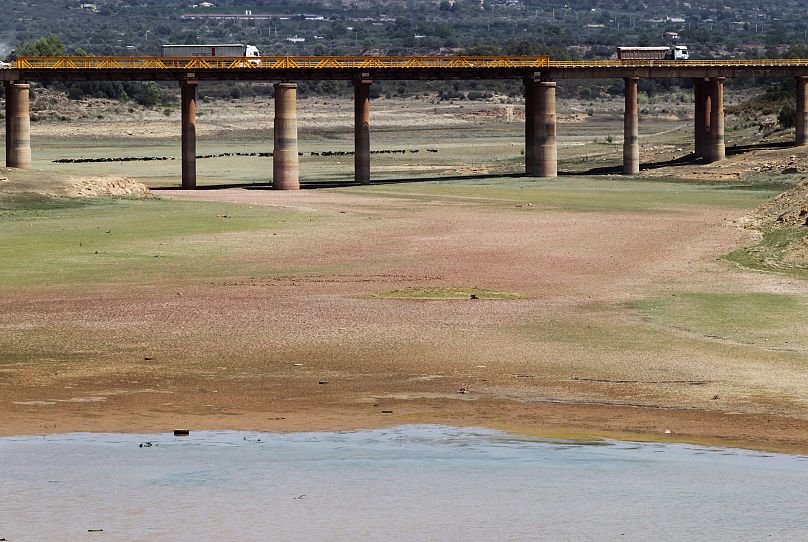Spain faces a pressing problem concerning its groundwater reserves that affects the drinking water supply of towns and cities.
Almost half of Spain's groundwater reserves are polluted, according to the Ministry of Ecological Transition. Also known as aquifers, the polluted reserves are a pressing problem that affects the drinking water supply of towns and cities.
 ADVERTISEMENT
ADVERTISEMENT
 ADVERTISEMENT
ADVERTISEMENT
Aquifers are essential for the water supply of local populations in Spain. They are natural reserves that feed rivers and collect rainwater that can be used in times of scarcity.
Pollutants emitted by agriculture and large-scale farming along with the over-extraction of groundwater for economic activities are the main cause of the poor state of Spanish aquifers. According to the Ministry of Ecological Transition, only 41 % of primary actions previewed in 2016-2021 water plans have been accomplished.
Contamination by nitrates
Nitrates, a mineral fertilizer widely used in agriculture, is the main contaminant of groundwater. Because of its high soluble capacity, it easily filters into groundwater.
Last year, the European Commission imposed sanctions on Spain for exceeding the maximum permitted level of nitrates.
The region of Valencia, on the Mediterranean coast of Spain, is struck by this problem. According to the Valencian Head of Department of the Geological and Mining Institute Bruno Ballesteros, nitrate pollution is the biggest challenge to preserve Valencian underground water resources. A total of 453 wills of drinking water are affected by nitrates and other chemicals in the area.
"It's a process that has been ongoing for a long time and has polluted great quantities of groundwater," he explained. These pollutants continue spreading once they cease pouring, so he finds very difficult to reverse the process.
Valencia's regional parliament set up a commission that analysed water pollution in the area for three years and tried to offer solutions. The results, presented in 2018, showed that about 216,000 people — 4.31% of Valencia's region population — live in areas where the level of nitrates found in water for domestic use exceeds the recommended standards.
The World Health Organization (WHO) estimates that nitrates in drinking water should not surpass 50 milligrams per litre to avoid toxic effects in the short term. However, data from the Geological and Mining Institute show that some areas in Valencia reach 500 milligrams per litre.
Nitrates pollution in water was detected in Valencia for the first time in the 1980s. Water treatment plants, new facilities and the exploitation of surface water have lowered the number of inhabitants exposed to this contamination: from 18.14 % of the region's population in 1990 to 4.31 % in 2019.
But as Graciela Ferrer, an expert in underground waters, warns, these improvements have also increased the cost of water supply for citizens.
Social and environmental organisations claim that the issue, far from being resolved, has only worsened. "The areas affected by contaminated waters are expanding", water activist Paco Sanz explained to Euronews. He lives in La Ribera county, one of the areas most affected by nitrate pollution.
According to Sanz, authorities do not tackle the source of the problem and only offer dubious alternatives. “In these areas, clean drinking water that comes from treatment plants is mixed with the contaminated water of the villages, so that the nitrate level does not exceed 50 milligrams per litre", he said.
The European Union Water Framework Directive establishes that drinking water must be "of the best possible quality". Sanz claimed that this has been ignored by Valencian authorities.
The report commissioned by the Valencian parliament did not analyse the impact on human health of drinking water contaminated by nitrates, but encouraged future studies to do so.
“It’s difficult since people, after so many years living with this problem, have simply given up on drinking from the tap and buy bottled water instead”, she explained.
An irresponsible agricultural system
The main source of water contamination is agricultural fertilizers. "Farmer think that the more fertilizer they use, the better the harvest. Also, the industries that produce it have an interest in increasing its use," explains Ballesteros.
However, EU-funded projects such as FERTINNOWA are working along with farmers to move towards more sustainable agricultural practices that replace polluting chemical fertilizers with organic fertilizers.
“Not only farmers but also some technicians and distributors are unaware of the impact that fertilizers have. It's a serious concern because they grow in vulnerable areas," explained Dolors Roca, agrosystems expert at the Valencian Institute of Agricultural Research (IVIA).
Roca warns that there are avoidable practices, like adding mineral fertilizers directly to the irrigation water that is distributed among the farmers. The expert thinks that this problem could be solved if agriculture moved towards a market for organic products.
But the old age of the farmers and the traditional habits "make it a complicated task", she said.
Sanz also calls for the implementation codes of good practice and action plans to have greater monitoring and evaluation by the regional administration. Although they have existed for years, he said that they are not being followed.
A problem worsened by overexploitation
"Aquifers are a crucial resource for arid regions like Valencia and those affected by climate change because they provide water in times of scarcity," explains Ballesteros. According to him, they are a natural and efficient way of storing water, as surface waters are exposed to evaporation or drought.
Overextraction of water from aquifers keeps them from recovering naturally their normal water levels. In coastal areas, it also disrupts the balance between fresh and saltwater, which makes it undrinkable.
Ferrer explains the problem of overexploitation is linked to the EU's Common Agricultural Policy, joined by Spain in 1966. "CAP subsidies were linked to production. They were an incentive to irrigate a great extension of land, which led to the overexploitation of the aquifers," explained Ferrer.
This situation originated a problem that persists nowadays. There was no control over the exploitation of aquifers and producers extracted water without any measurements.
Now that the new CAP is being negotiated, Ferrer said that it “should be aligned with the objectives of the Water Framework Directive". "It is one of the key tools for achieving sustainable agriculture and facing the challenge of climate change," she insists.

















